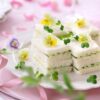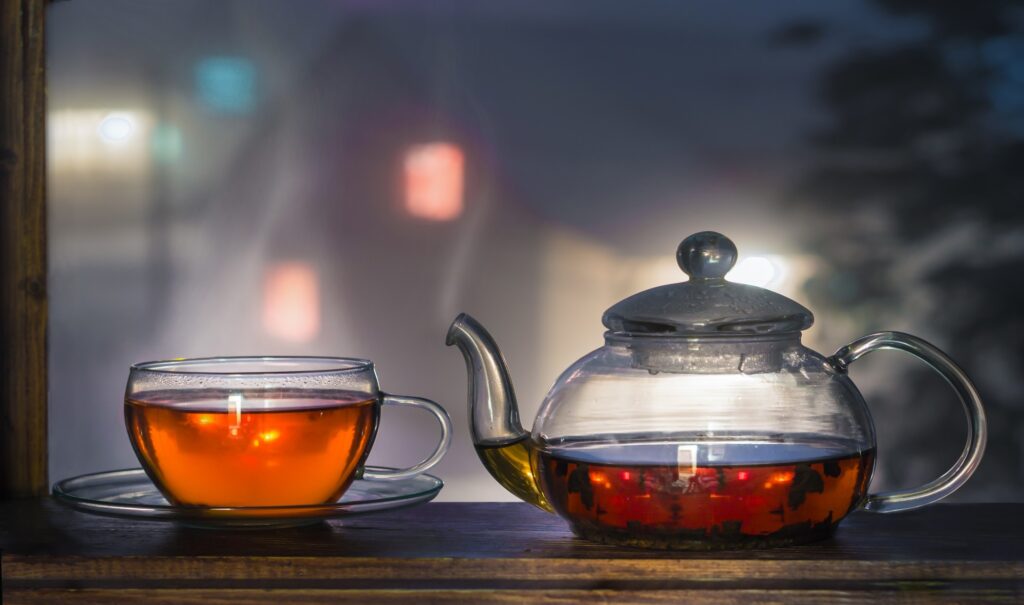
Step into the world of black tea in Japan and embark on a journey through history, flavors, and culture. While Japan is renowned for its green tea, the country’s black tea tradition is often overshadowed. However, it has a rich and fascinating history that deserves attention.
Black tea was introduced to Japan during the Meiji era in the late 19th century, and since then, it has carved its own unique path in the country’s tea culture. Unlike the bold and robust flavors of black tea from other regions, Japanese black tea is more delicate and subtle, with floral and fruity undertones.
One of the most famous black teas from Japan is the Wazuka black tea from Kyoto. Its exquisite aroma and smooth taste make it a favorite among tea enthusiasts. Another notable black tea is the Yame black tea from Fukuoka, known for its sweet and refreshing flavor.
Discover the enchanting history behind black tea in Japan and explore the diverse range of flavors that this hidden gem has to offer. Join us as we delve into the depths of Japan’s black tea tradition, where heritage, taste, and culture intertwine to create a truly unique tea experience.
Historical Background of Black Tea in Japan
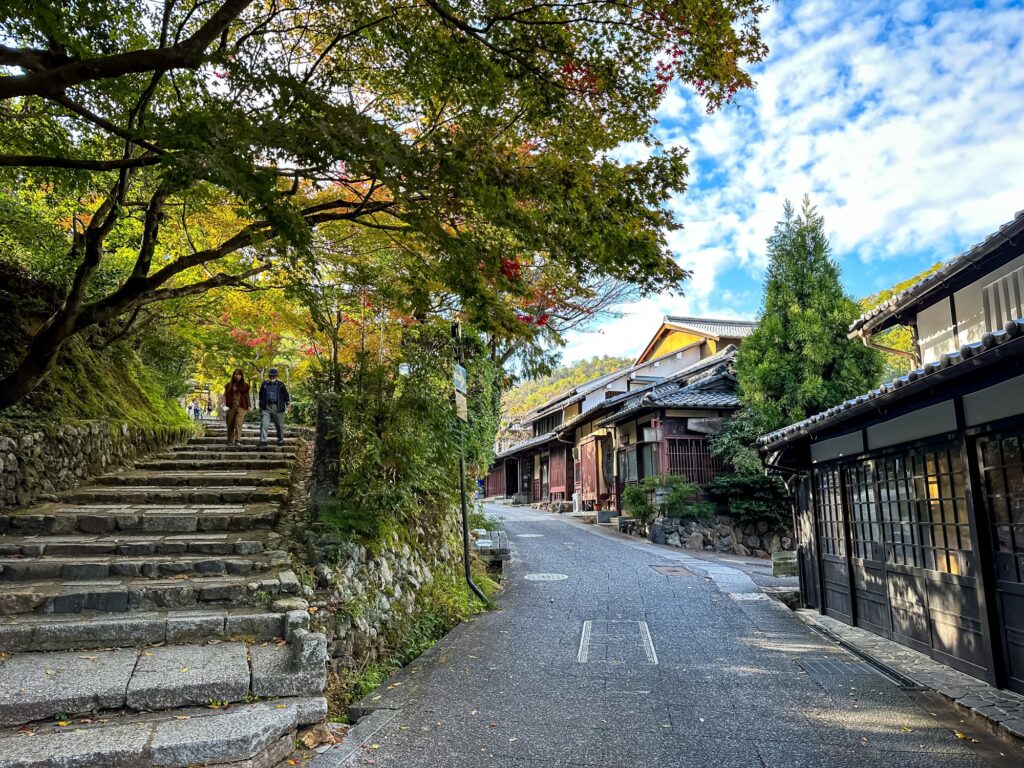
The introduction of black tea to Japan marked a significant shift in the country’s tea landscape. Initially brought over by Dutch traders, black tea gained popularity during a period of modernization in Japan. The Meiji government actively promoted tea cultivation, leading to the establishment of black tea plantations in various regions across the country.
Black tea production in Japan was further influenced by Western tea-making techniques, resulting in a distinctive Japanese approach to black tea processing. This fusion of traditional Japanese tea culture with Western methods gave rise to a new wave of black tea varieties that were uniquely Japanese in character.
Despite its relatively recent entry into Japan, black tea quickly found its place among tea enthusiasts, offering a different sensory experience compared to the more commonly known green teas. The evolution of black tea in Japan reflects a blend of cultural exchange and innovation that continues to shape the country’s tea industry today.
Varieties of Black Tea in Japan
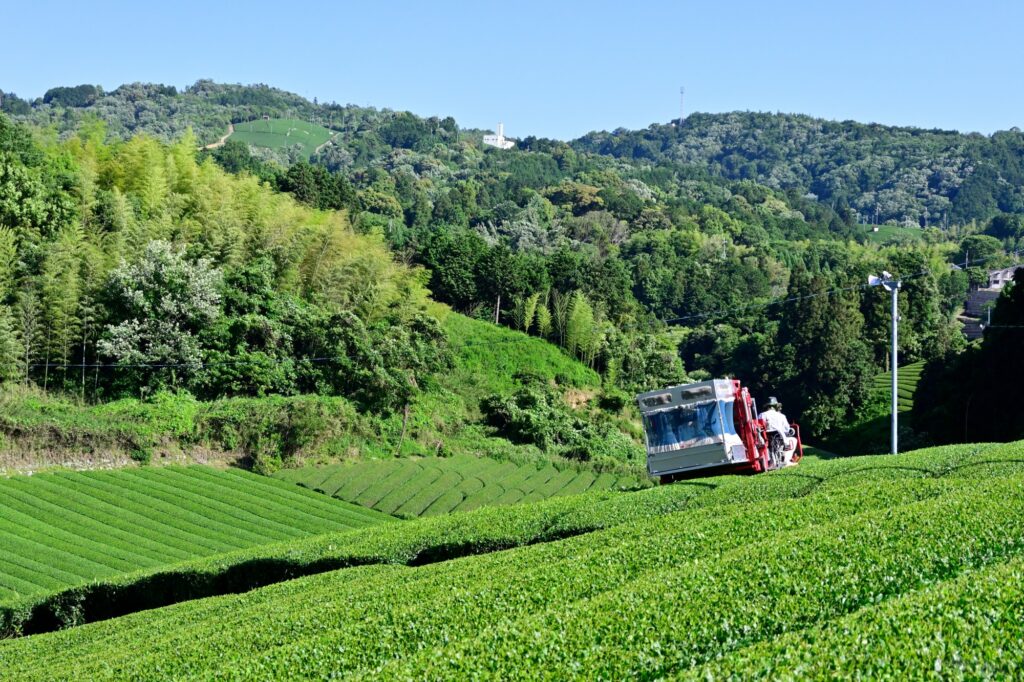
Japanese black tea is celebrated for its diverse range of varieties, each with its own distinct flavor profile and characteristics. One of the most renowned black teas is the Wazuka black tea from Kyoto, known for its exquisite aroma and smooth, elegant taste. Produced in the picturesque Wazuka region, this tea embodies the essence of Japanese black tea craftsmanship.
Another popular choice is the Yame black tea from Fukuoka, prized for its sweet and refreshing flavor. Grown in the lush Yame region, this tea reflects the terroir of its surroundings, resulting in a unique cup that captures the essence of the local landscape. Each sip of Yame black tea offers a symphony of flavors that speak to the rich heritage of Japanese tea culture.
In addition to these well-known varieties, Japan boasts a plethora of black teas from different regions, each offering a nuanced and rich tasting experience. From the earthy tones of Shizuoka black tea to the bright notes of Kagoshima black tea, Japanese black teas present a tapestry of flavors that cater to diverse palates and preferences.
Production Process of Black Tea in Japan
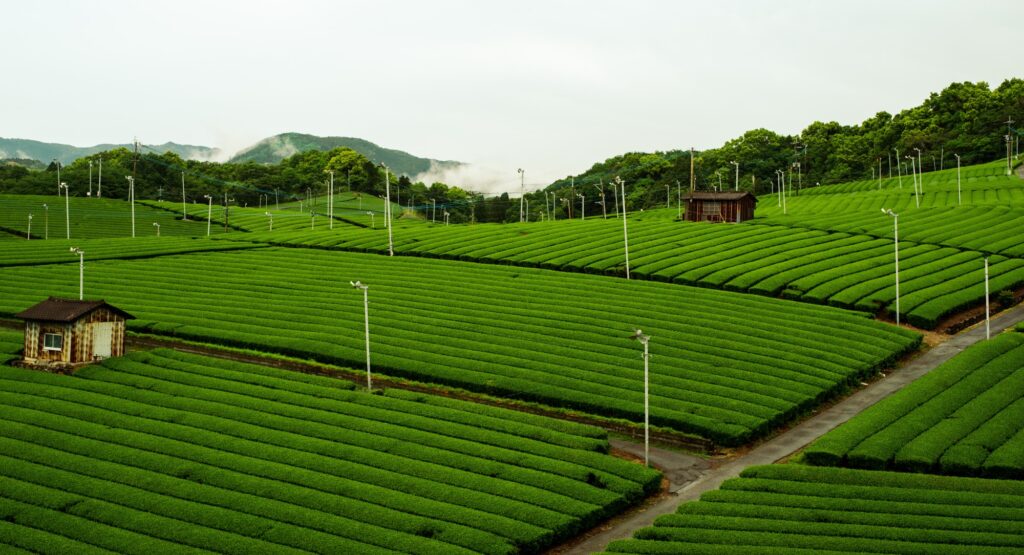
The production process of black tea in Japan is a meticulous art that involves careful cultivation, harvesting, and processing techniques. Unlike green tea, which undergoes minimal oxidation, black tea goes through a complete oxidation process, giving it a distinctive color and flavor profile.
The journey of Japanese black tea begins with the careful selection of tea leaves, often hand-picked to ensure optimum quality. These leaves are then withered to reduce moisture content before undergoing the crucial process of rolling, which releases enzymes that initiate oxidation. The level of oxidation is closely monitored to achieve the desired flavor profile, with some teas undergoing additional steps such as fermentation or roasting.
After oxidation is complete, the tea leaves are dried to halt the enzymatic activity, locking in the flavors and aromas. The final step involves sorting and grading the tea leaves based on size, shape, and quality, ensuring that only the finest leaves make it to the consumer’s cup. This dedication to quality and craftsmanship is a hallmark of Japanese black tea production.
Unique Flavors and Characteristics of Japanese Black Tea
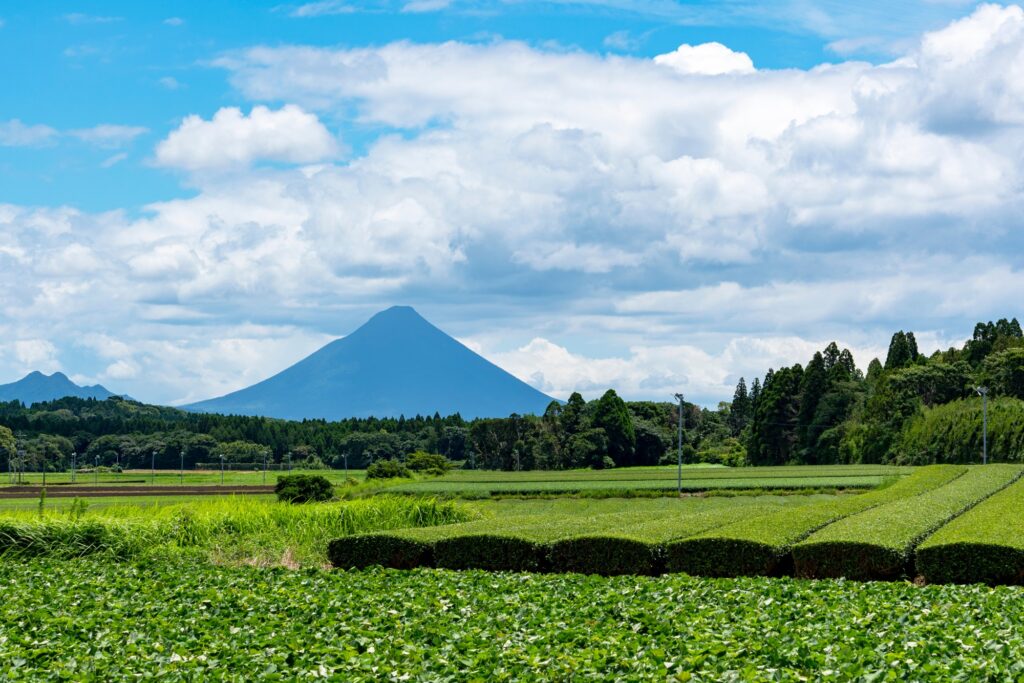
Japanese black tea stands out for its unique flavors and characteristics, which set it apart from black teas produced in other regions. The delicate nature of Japanese black tea imparts a subtle sweetness and floral aroma, making it a refreshing and elegant choice for tea connoisseurs.
The terroir of each tea-growing region in Japan plays a crucial role in shaping the flavor profile of black teas. From the volcanic soils of Kagoshima to the misty hills of Shizuoka, Japanese black teas showcase a diverse range of taste profiles influenced by the local climate and geography. This diversity allows tea enthusiasts to explore a multitude of flavors within the realm of Japanese black tea.
In addition to its nuanced flavors, Japanese black tea is known for its smooth and mellow texture, which is a result of the careful processing techniques employed by tea artisans. Whether enjoyed hot or cold, Japanese black tea offers a sensory experience that is both comforting and invigorating, inviting tea lovers to savor each sip and appreciate the craftsmanship behind every cup.
Traditional Tea Ceremonies and Black Tea in Japan
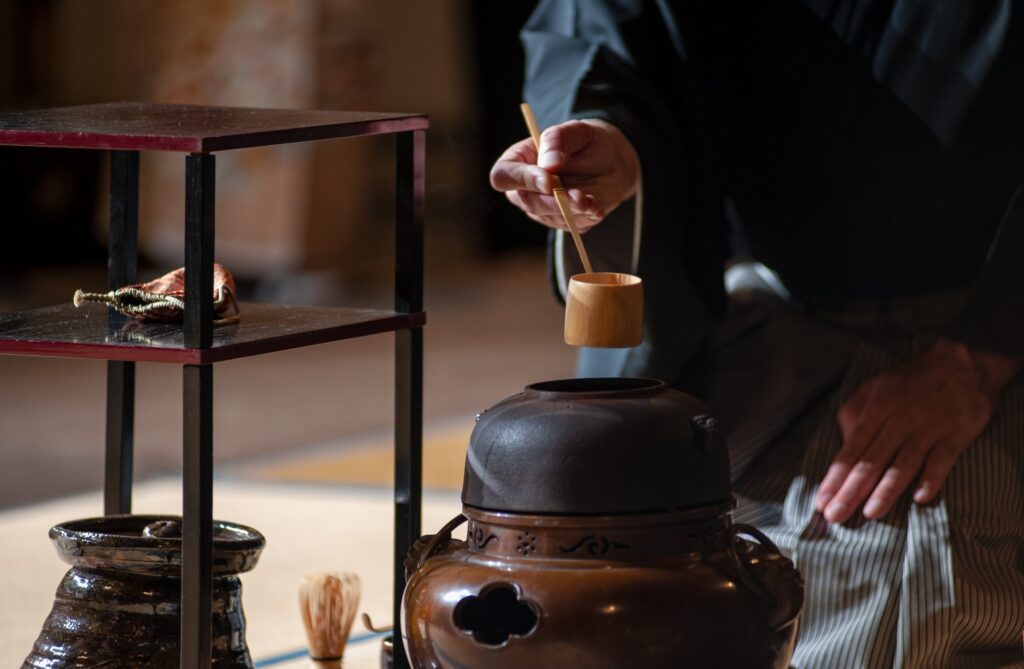
Tea ceremonies hold a special place in Japanese culture, embodying principles of harmony, respect, purity, and tranquility. While green tea is commonly featured in traditional tea ceremonies, black tea has also found its niche in these ceremonial practices, offering a new perspective on the art of tea appreciation.
The preparation and serving of black tea in a traditional tea ceremony involve meticulous attention to detail, from the selection of teaware to the brewing process itself. Each step is performed with grace and precision, creating a serene atmosphere that allows participants to immerse themselves in the sensory pleasures of black tea.
Black tea ceremonies in Japan often highlight the seasonal nuances of different tea varieties, showcasing the diversity of flavors that can be experienced throughout the year. By incorporating black tea into these ceremonial rituals, tea practitioners pay homage to the heritage and craftsmanship that define Japanese tea culture, fostering a deeper appreciation for the art of tea making.
Exploring the Rich Heritage and Flavors of Black Tea in Japan
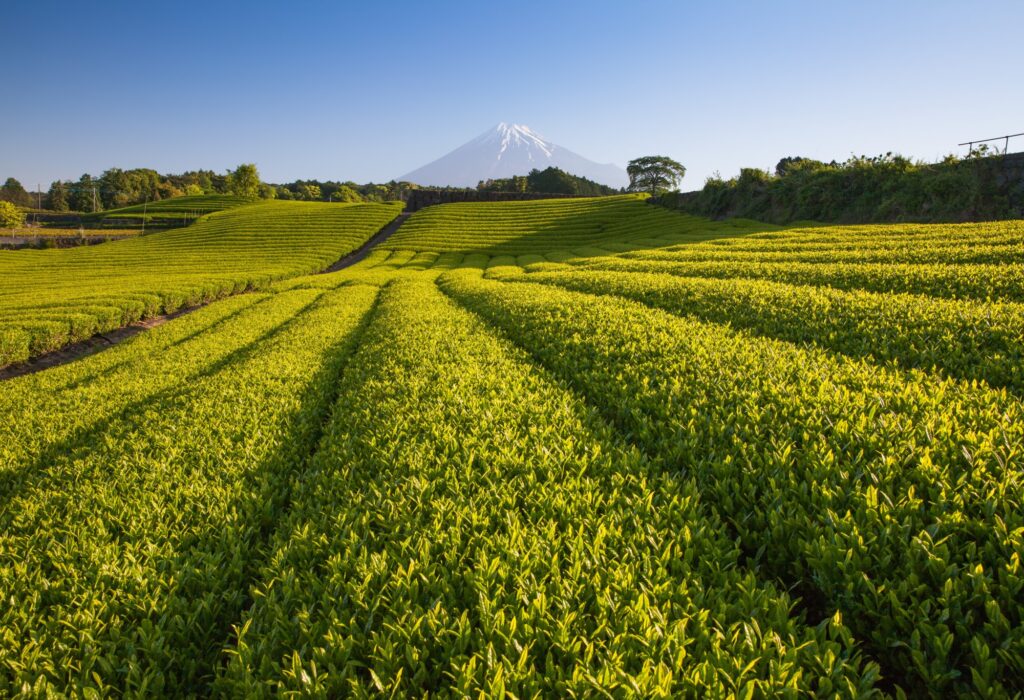
The world of black tea in Japan is a treasure trove of history, flavors, and culture waiting to be discovered. From its humble beginnings during the Meiji era to its present-day prominence in the Japanese tea industry, black tea has woven a rich tapestry of tradition and innovation that continues to captivate tea enthusiasts worldwide.
The diverse varieties of Japanese black tea offer a sensory journey through the landscapes and terroirs of different regions, each cup telling a story of craftsmanship and dedication. With its unique flavors and cultural significance, Japanese black tea invites tea lovers to embark on a voyage of taste and exploration, celebrating the heritage and legacy of this hidden gem in the world of tea.
Step into the world of Japanese black tea and immerse yourself in a realm of elegance, flavor, and tradition that beckons to be experienced. Whether you are a seasoned tea connoisseur or a curious novice, Japanese black tea promises a journey of discovery and delight, where every cup tells a tale of the rich heritage and intriguing flavors that define this remarkable tea tradition.



